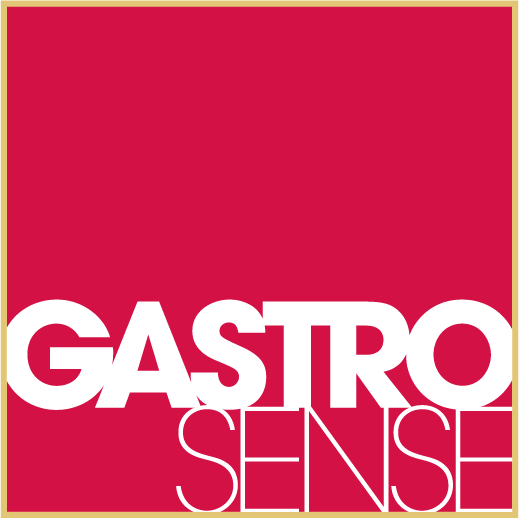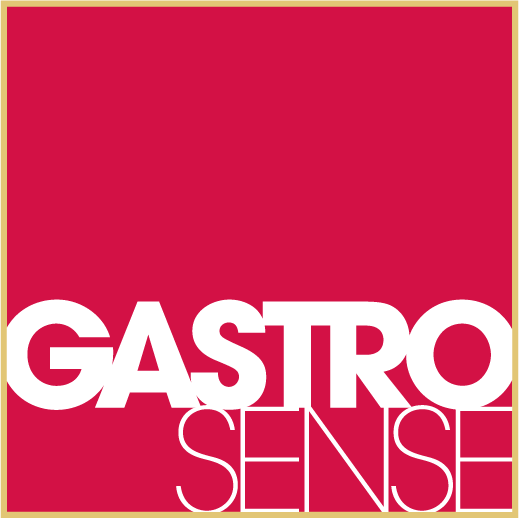For an island as populous and urbanised as Singapore, it is also remarkably one of the greenest cities in the world. A city in nature, sustainability often comes to mind — whether in its lush environment, innovative architectural practices, or diverse culinary offerings.
From 12 June to 14 July 2024, Go Green SG returns with a line-up of green activities and programmes to choose from. The annual national sustainability movement is an initiative that encourages the community to take collective action towards a more environmentally conscious future. If you’re looking to curate your own sustainable experiences during this period, consider starting with small steps by supporting and dining at like-minded restaurants.
BUTCHER’S BLOCK

Clockwise from left: A look at the local harvests grown on Butcher's Block's very own plot, the Dry-aged Duck and the Miso Black Cod
At Butcher’s Block, farm-to-table takes on a whole new meaning. Nature’s best is celebrated in the refreshed Spring menus as seasonal vegetable and herb varieties are sourced straight from the restaurant’s local farm - just as Chef Jordan Keao would do at his home island of Hawai’i. Committed to a focus on food sustainability, the restaurant has explored a new partnership with Singaporean indoor vertical farm, farmd, where what is required (and with no excess) is grown on Butcher’s Block’s very own plot, just kilometres away from the restaurant. With a weather-resilient and temperature-controlled habitat, the farm uses 90% less water than conventional farming, which reduces carbon footprint. But most of all, the sustainable system allows the harvesting of these ingredients at their absolute prime to share the spotlight with premium cuts in the offerings from the IMUA tasting and à la carte menus at Butcher’s Block.
A mix of vibrant local harvests enhances the dishes in the refreshed menus. In the latest iteration of the IMUA tasting menus ($168++ for the five-course lunch, $218++ for the six-course dinner), the Dry-aged Duck also spotlights harvests from the Butcher’s Block farm with charred whole turnips with the tops, watercress, dill puree, and amaranth leaves. This is a dish prepared with thoughtful finesse to maximise the enjoyment of the whole bird: the duck breast is dry-aged for up to 21 days, then hung above the fire to cook slowly in ambient heat; a medallion of deboned duck leg is seasoned with aromatic Chinese barbecue spices, sous vide and grilled; and duck tongue is deep fried into a crisp delight.
The Miso Black Cod is grilled over wood-fire and contrasted with the refreshing medley of baby kailan kimchi, Swiss chard, crispy lettuce, and dill — all of which are grown at the restaurant’s farm. Paired with an elevated risotto-style ‘congee’ made with Hokkaido Yumepirika sushi rice and a fish-and-bone broth, the dish is enriched with flavours from white soy, crispy house-cured prosciutto, grated scallop roe, sakura ebi, caviar; and finely chopped chives that are also from the farm.
HUBER’S BUTCHERY

L-R: The entrance to Huber’s Butchery and the recycling stations
Retail haven Huber’s Butchery has long been a go-to for discerning customers seeking high-quality gourmet offerings. As stewards of the butchery industry in Singapore, they have also committed to championing sustainable practices with their latest initiatives directed at a greener future. This includes sourcing from ethical farmers, operational initiatives to minimise carbon footprint, promoting sustainable practices such as turning food waste into compost, and investing in renewable energy sources through the installation of solar panels. When in place by the end of July 2024, the solar panels will generate clean electricity equivalent to powering 14.2% of both Huber’s Butchery and Huber’s Bistro. For customers, there will also be green conveniences such as charging stations for electric vehicles while shopping or dining, and recycling stations for all.
Aside from an extensive range of beef selections, lamb, pork, poultry, game meats, and plant-based meats, Huber’s Butchery is also the first butchery in the world to retail cultivated meat. Available in-store is the fourth version of GOOD Meat’s cultivated chicken product, a sustainable alternative made with 3% cultivated chicken while maintaining the same delicious taste, texture, and experience as conventional chicken. As the modern customer’s needs are ever-evolving, the intention is also to cater to those looking for alternative meats.
LEVEL33

L-R: The LeVeL33 exclusive signature dish Westholme Wagyu rump cap and the view
Penthouse dining with a purpose, LeVeL33 has long committed to sustainability with a carefully curated dining experience. As the world’s highest urban microbrewery, LeVeL33 crafts its beers with only natural and certified organic ingredients, all served directly from the brewing tanks to the guests. This significantly reduces their environmental footprint and along this line of thinking, approximately 3 million small bottles or cans have been saved. LeVeL33's signature Contembrewery Cuisine creatively transforms a large portion of the brewery's spent grain, a high fibre, high protein-containing by-product of the brewing process, which is typically discarded as waste. Partnering with Westholme Beef, Northern Australian suppliers of exceptional pasture raised Wagyu, LeVeL33 offers an exclusive signature dish: Westholme Wagyu rump cap, dry-aged with Koji rice and powdered spent grain. This dish exemplifies how LeVeL33’s Contembrewery cuisine marries sustainably sourced produce with upcycling elements of the brewery.
Whenever possible, the restaurant supports local producers to minimise transportation emissions and foster a stronger connection with the Singaporean community. Leafy greens, edible flowers, and baby herbs as well as mushrooms are sourced from local sustainable organic farmers, free of chemicals and pesticides. These locally sourced ingredients feature prominently in a selection of flavourful, 100% plant-based dishes that have a firm place on the LeVeL33 menu. LeVeL33's commitment to sustainability also extends to other touchpoints of the overall dining experience: menus are printed on recycled paper, napkins are compostable, straws are made of biodegradable materials, and their new coasters are made from recycled tyre rubber.
Today’s food system contributes 30%-35% of all greenhouse gas warming effects, while over 30% of all food is wasted worldwide. LeVeL33 is aiming at playing its part for a sustainable and responsible business by — among others — actively pursuing B-Corp certification, a prestigious endorsement that acknowledges companies committed to social and environmental responsibility.


